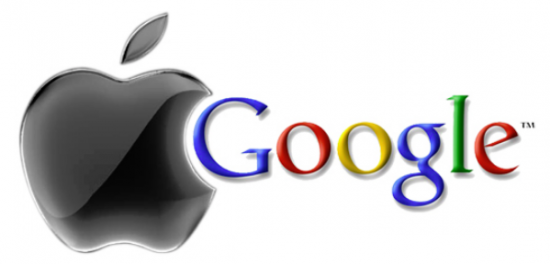
The niche concept is huge in marketing, but it’s actually a pretty big deal in positioning anything, whether it’s a company, a product or a person. And no, they’re not all the same. You are not a product. Don’t even get me started.
First things first. It’s not pronounced “nēsh” or even “nish,” but “nich.” Hey, when it’s your blog, you can pronounce it anyway you like. Here, niche is pronounced “nich.” Glad we got that straight.
For those who slept through the 80s or weren’t even born yet, God help us, two books explain the concept quite well: Marketing High Technology, by famed VC and former Intel exec Bill Davidow, and Crossing the Chasm, by Geoffrey Moore. Davidow calls it “market segmentation” but it’s pretty much the same thing.
This is how it works: You always want to position yourself as the market leader. If you can’t credibly do that — and it does have to be credible or it doesn’t work, mind you — then shrink the market segment until you can. Of course, exactly how you position that segment is pretty damned important, but that’s the concept.
Focusing on a niche or market segment doesn’t always look like a winner at the time, and it definitely depends on how effectively you grow that niche to achieve mass-market adoption, but if you play your cards right, you should come out ahead in the end.
While it looked like Microsoft kicked Apple’s butt in the early days, I think we all know who ended up winning that race. Today, Apple’s niche positioning has made it the most valuable company in the world while Microsoft lost a whole decade trying to be all things to all people.
Every so often people test the niche hypothesis, only to get slapped back pretty hard. Having been schooled by “cloud and mobile first” Satya Nadella, I’m sure Steve Ballmer learned that lesson the hard way. Then again, it must be pretty easy to move on when you can pay cash for a $2 billion basketball team.
The latest grandiose ego to imagine he can have it all is Google founder and Alphabet CEO Larry Page, who aims to gobble up the world by restructuring the search giant as a technology holding company that does everything from robotics and neural networks to hot-air balloons and car insurance.
Alphabet also is mapping the human body like Google maps the Earth, has a subsidiary named Calico focused on immortality, knows more about you than your mother and your proctologist, and I wouldn’t be the least bit surprised if the next version of Google Glass beams ads to your eyeballs or even directly into your brain.
Personally, I think the guy may be a bit on the delusional side, or maybe he’ll go down in history as the most extreme case of the Peter Principle. I guess time will tell.
Here’s the thing. Niches are huge. Yes, I know that sounds like an oxymoron, but it can’t be helped. They just are. In my experience, you aim to be #1 or you don’t aim at all. And the only way you can position yourself, your product, or your company that way with a straight face is by clearly defining your niche, owning it, and growing from there.
That’s how Apple beat Microsoft and I’m pretty sure Google will ultimately suffer the same fate.
One last thing. If your LinkedIn title has more than 10 words, your product’s target market includes 7 billion humans and their Martian friends, and your company aims to stop world hunger while whitening everyone’s teeth and giving them minty fresh breath, you may want to dial it back a bit. I’m just sayin’.